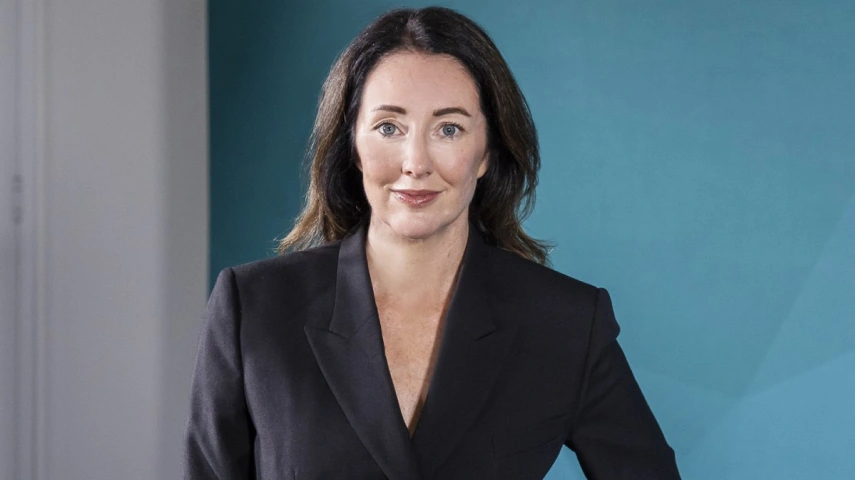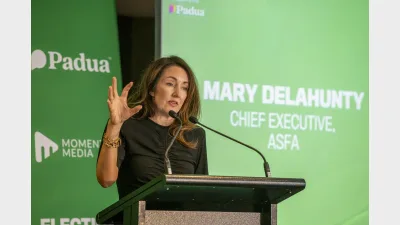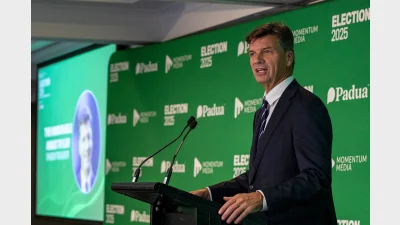Delahunty calls for policy stability to safeguard retirement savings



The chief executive of superannuation advocacy body ASFA has laid out the sector’s expectations for Australia’s next government, underscoring the need for policy stability to safeguard members’ retirement savings.
With the outcome of the upcoming federal election in May still uncertain, both Australians and the super funds managing their retirement nest eggs are seeking consistency in the policy landscape.
That consistency, according to the Association of Superannuation Funds of Australia (ASFA) CEO, Mary Delahunty, must be a priority for whichever party forms the next government.
“Regardless of its political color and makeup”, she said, the next government must have a “steady hand”.
“Superannuation is one of the few truly national, I suppose, universal and bipartisan public policy successes alongside Medicare. But it’s not immune to erosion, and it needs clarity, and we believe it needs consistency in the policy space,” Delahunty said at Momentum Media’s Election 2025 event last week.
What’s needed, Delahunty said, is a measure of “political courage”, and a clear-eyed view that while some proposals may offer short-term appeal, they must be assessed against the potential risk of undermining the long-term retirement outcomes of millions of Australians.
“What’s decided in this term of government will affect retirement outcomes for decades to come as we look ahead to the upcoming election … this system is built on long-term planning. So we need to make sure the policy environment resists the temptation to be short-term and reactive,” she said.
“The ASFA election-asks are simple but critical,” Delahunty said, adding that a key priority is safeguarding superannuation for retirement.
This term, the Albanese government succeeded in enshrining the objective of superannuation into what it described as “ironclad” law – defining it as the preservation of savings to provide income for a dignified retirement, supported by government assistance, delivered in an equitable and sustainable way.
Having previously warned that using super for home ownership is “not an effective policy” and risks undermining long-term retirement outcomes, Delahunty, on Thursday, reiterated her concerns – arguing the Coalition’s proposed super-for-housing scheme runs counter to the legislated objective of superannuation.
“This generation, we believe, should not be forced to choose between a home today and a secure retirement tomorrow. And preservation of super must be protected.
“We want to see delivery on equity and a follow-through on the current wins,” adding that the government’s move to pay super on government-funded paid parental leave marks a “generational policy win”.
In February, the Financial Services Council (FSC) revealed a sharp decline in Australians’ trust in the Albanese government on superannuation policy, with a poll showing support plummeted further after voters were reminded of Labor’s $3 million super tax plan.
Over the past three years, the general perception has been that Labor has lacked stability, frequently tinkering with superannuation policy, with the FSC’s poll showing that 73 per cent of Australians believe Labor is likely to introduce further super tax changes if re-elected.
Touching on the $3 million super tax on Thursday, Delahunty argued that the hand-wringing over taxing unrealised gains is being blown out of proportion.
“ASFA believes that the tax on earnings on assets above $3 million is a worthwhile pursuit, the bill and the shape that it’s currently in, obviously, has some hairs on it,” Delahunty said.
“I’m not as concerned on the taxation of unrealised capital gains as some other commentators are. I think we’re all fairly familiar with land tax, that is also a taxation system that is based on unrealised capital gains.
“Whether or not that means you need to pay the tax at the time, or whether or not there should be some reform done to that bill that would see a debt held over. Those are the sorts of issues I think an incoming government might want to tackle if they want to bring more equity to the tax incentives in superannuation.”
The FSC has been on the other side of the debate, arguing earlier this year that Div 296 is a “piecemeal” tax change that has generated a poor policy design.
Recommended for you
Aware Super has made a $1.6 billion investment in a 99-hectare industrial precinct in Melbourne’s North which, the fund clarified, also houses the nation’s first privately funded open-access intermodal freight terminal.
ASFA has affirmed its commitment to safeguarding Australia’s retirement savings as cyber activity becomes an increasing challenge for the financial services sector.
The shadow treasurer is not happy with the performance of some within the super sector, telling an event in Sydney on Thursday that some funds are obsessed with funds under management, above all else.
As the Australian financial landscape faces increasing scrutiny from regulators, superannuation fund leaders are doubling down on their support for private markets, arguing these investments are not just necessary but critical for long-term financial stability.












